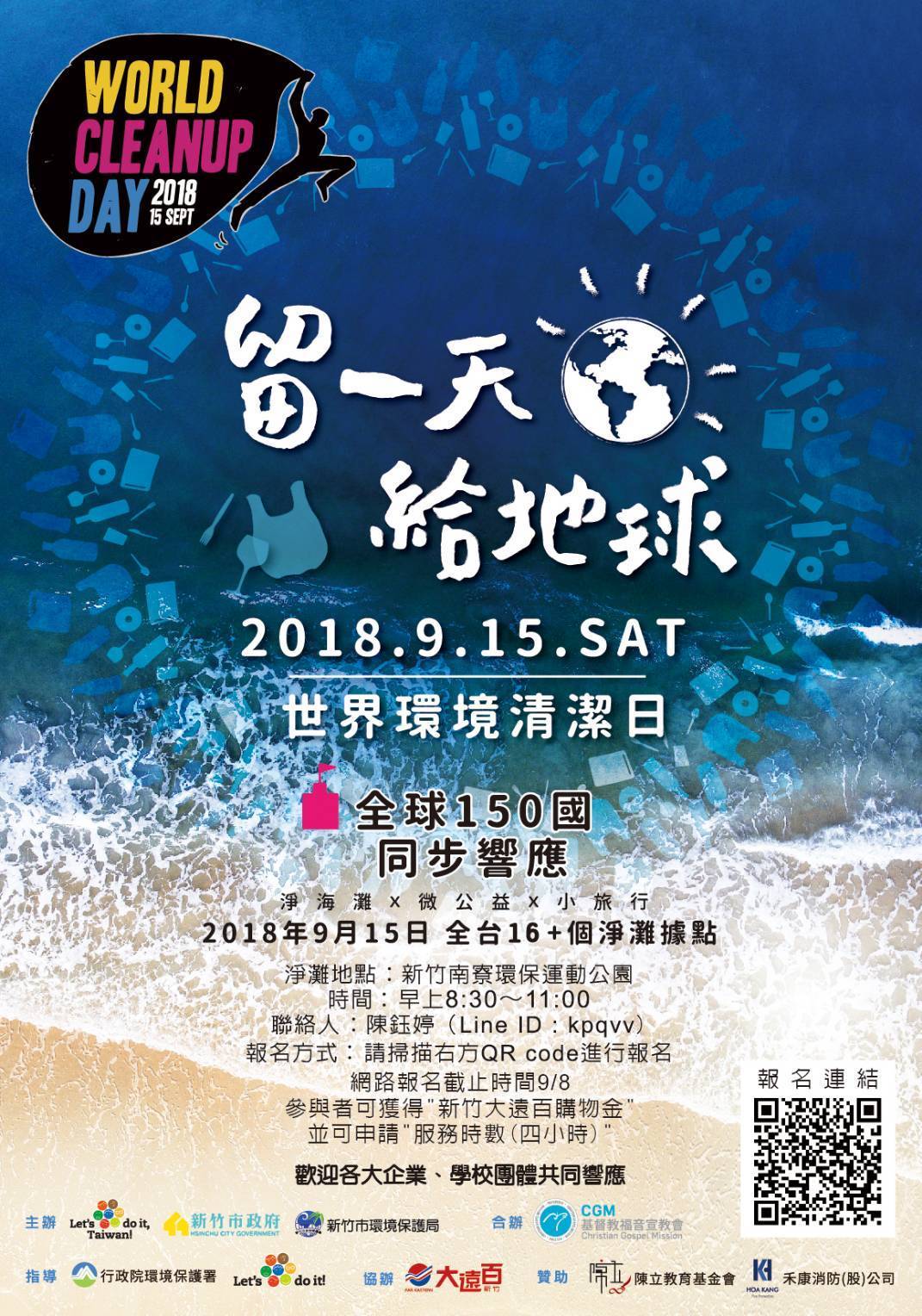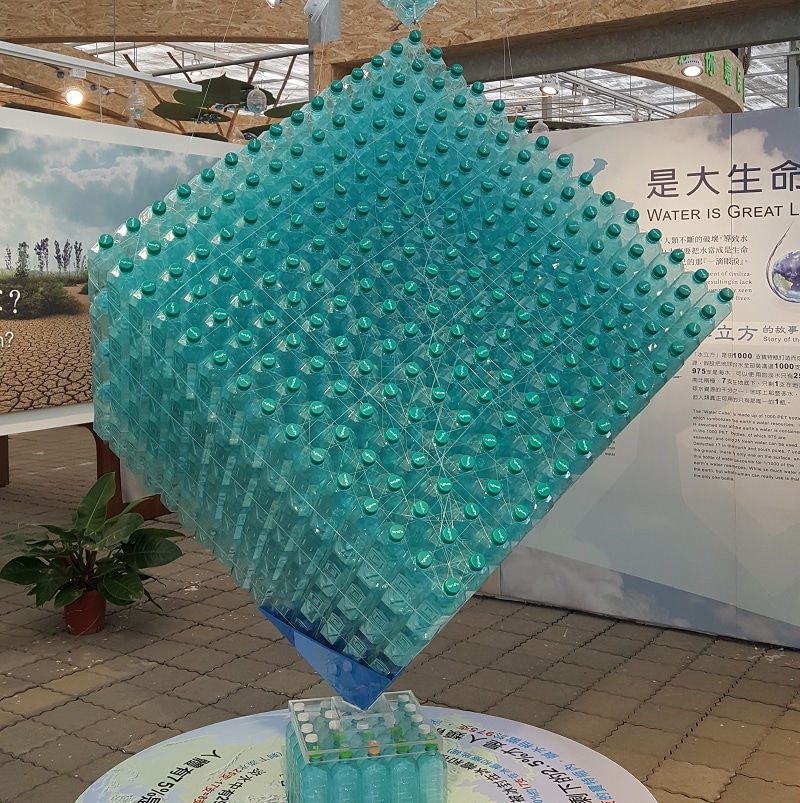 WORLD CLEANUP DAY, the world’s largest civic event
WORLD CLEANUP DAY, the world’s largest civic event
- The goal is to convene 150 countries on September 15, 2018, and drive 5% of the world’s population to carry out a large-scale clean-up on that day.
- This activity is listed as one of the United Nations’ sustainable development plans.
- This event will achieve 9 UN Sustainable Development Goals.
 The purpose of the event
The purpose of the event
- Taiwan speaks out to jointly respond to the international event “September 15 World Environmental Cleanup Day”.
- Through beach cleaning, the coastline is restored to cleanliness, showing the original appearance of the marine ecology.
- Inspiring the citizens’ awareness of environmental protection, making this event the best starting point for everyone to love the sea, love the sea and protect the ocean.
- Citizens mobilize to reflect on the changes they can make in their daily lives through hands-on participation.
- Promote environmental education and contribute to the sustainable survival of the earth.
Ninety percent of marine waste is plastic-related, and the top five are plastic bottles, plastic bottle caps, straws, plastic bags, and take-away drink cups. The Environmental Protection Department pointed out that the statistics of beach cleaning activities over the years have found that plastic straws are a common waste on the beach. Considering that plastic straws are light in weight, easy to obtain, and small in size, they can be disposed of at will after used, and spread in the environment, which might be eaten by organisms without decomposition. Incorporated into the body, or decomposed into plastic fragments, adsorbing harmful substances, and being eaten by marine plankton or shellfish, and then through the food chain, the toxins are amplified and accumulated in the body of middle and high-level predators, which will lead to more serious ecological and environmental pollution question.
Plastic is not biodegradable, so it cannot be easily broken down and reused. Large plastics break down over time into microplastics, which can themselves be carcinogenic and attract harmful pollutants. The inability to disintegrate easily makes plastic a pollutant in landfills or washed into the sea. The World Economic Forum reports that there are 150 million metric tons of plastic in the ocean, and if it continues, scientists predict that there will be more plastic in the ocean than fish by 2050.
Plastic can strangle and choke marine life, but there’s a bigger reason plastic is so dangerous, that is, when it breaks down, it releases toxic chemicals like phenolic methane (BPA) that can cause cancer. A recent study found that plastic also makes coral reefs more susceptible to disease, which in turn kills them. Eventually, microplastics may also find their way into our food.
“915 World Environmental Cleanup Day” Dafeng Integrity participated in the beach clean-up activity at Nanliao Beach in Hsinchu
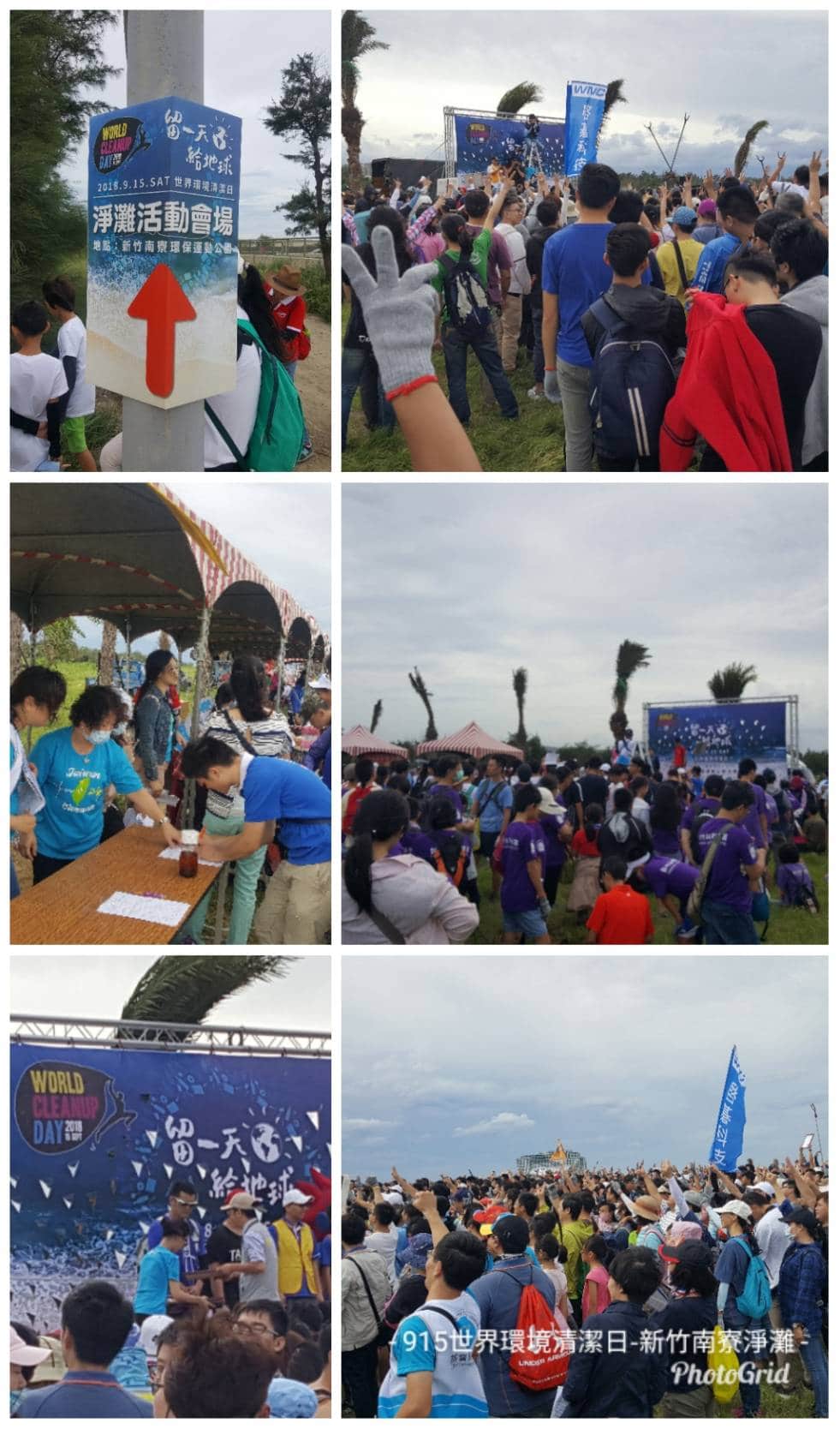
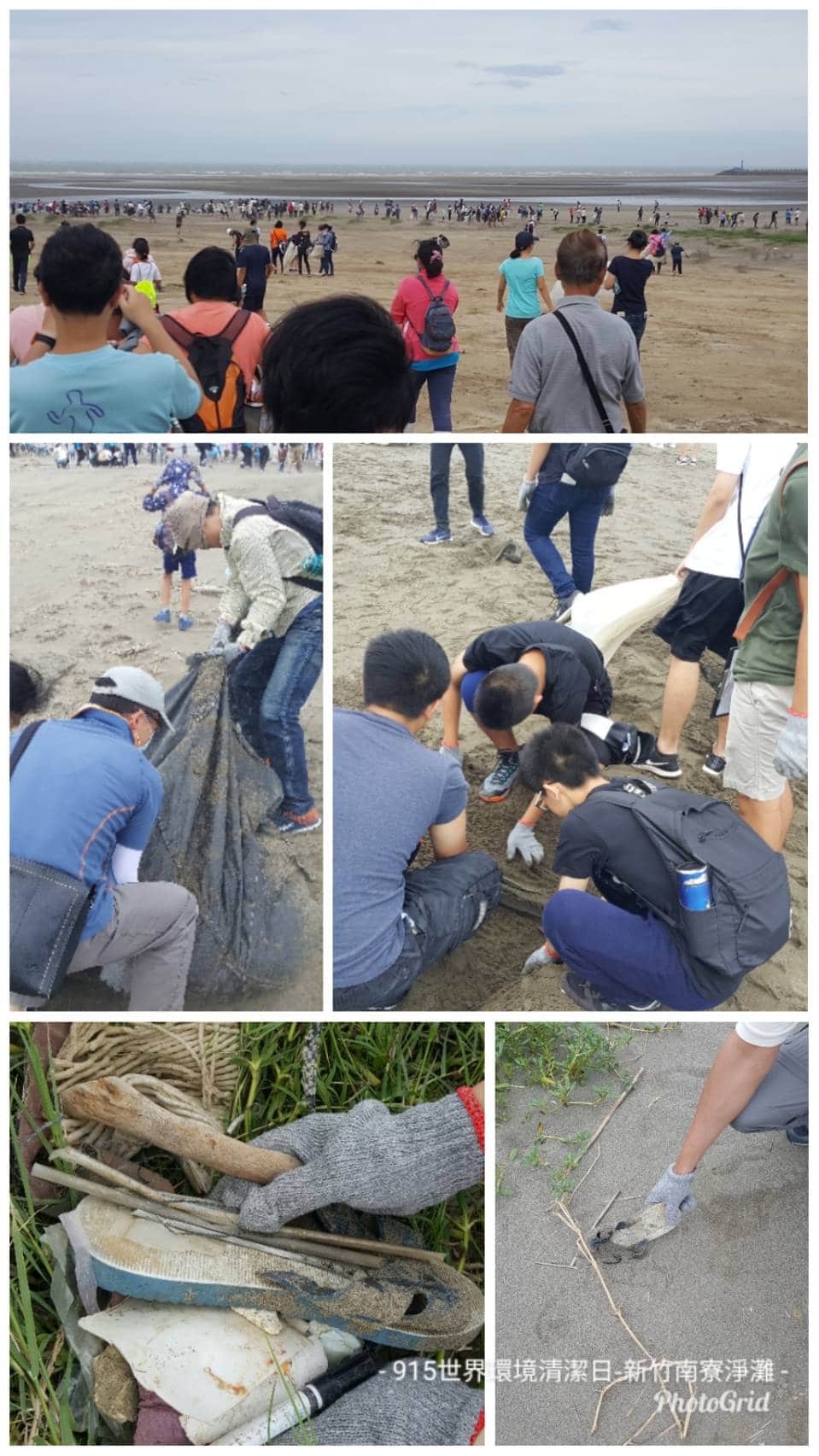
“915 World Environmental Cleanup Day” Dafeng Integrity donated eco-friendly straw sets
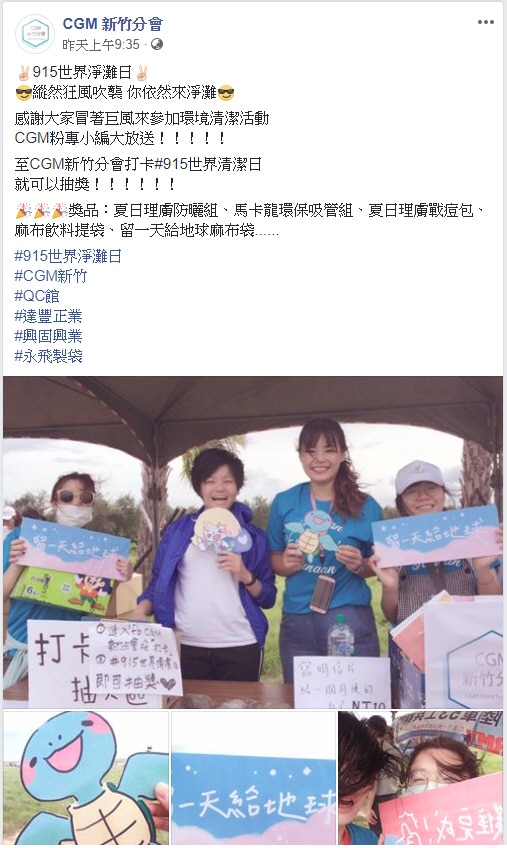
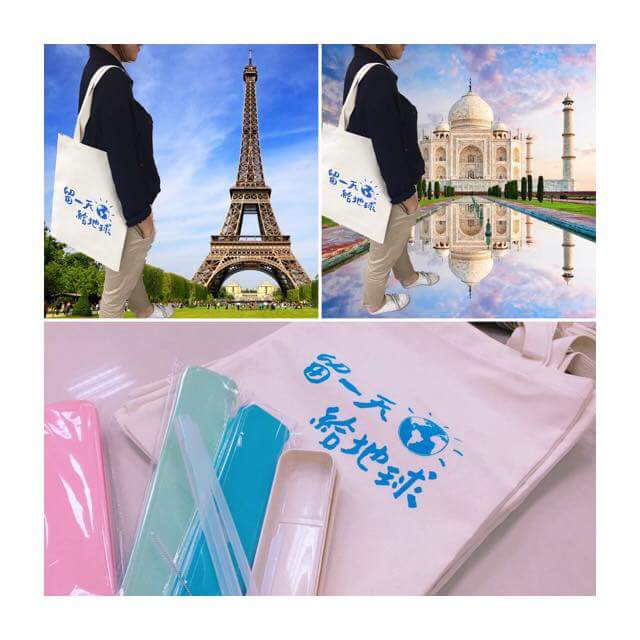
CGM Christian Evangelism Mission – Hsinchu Branch

